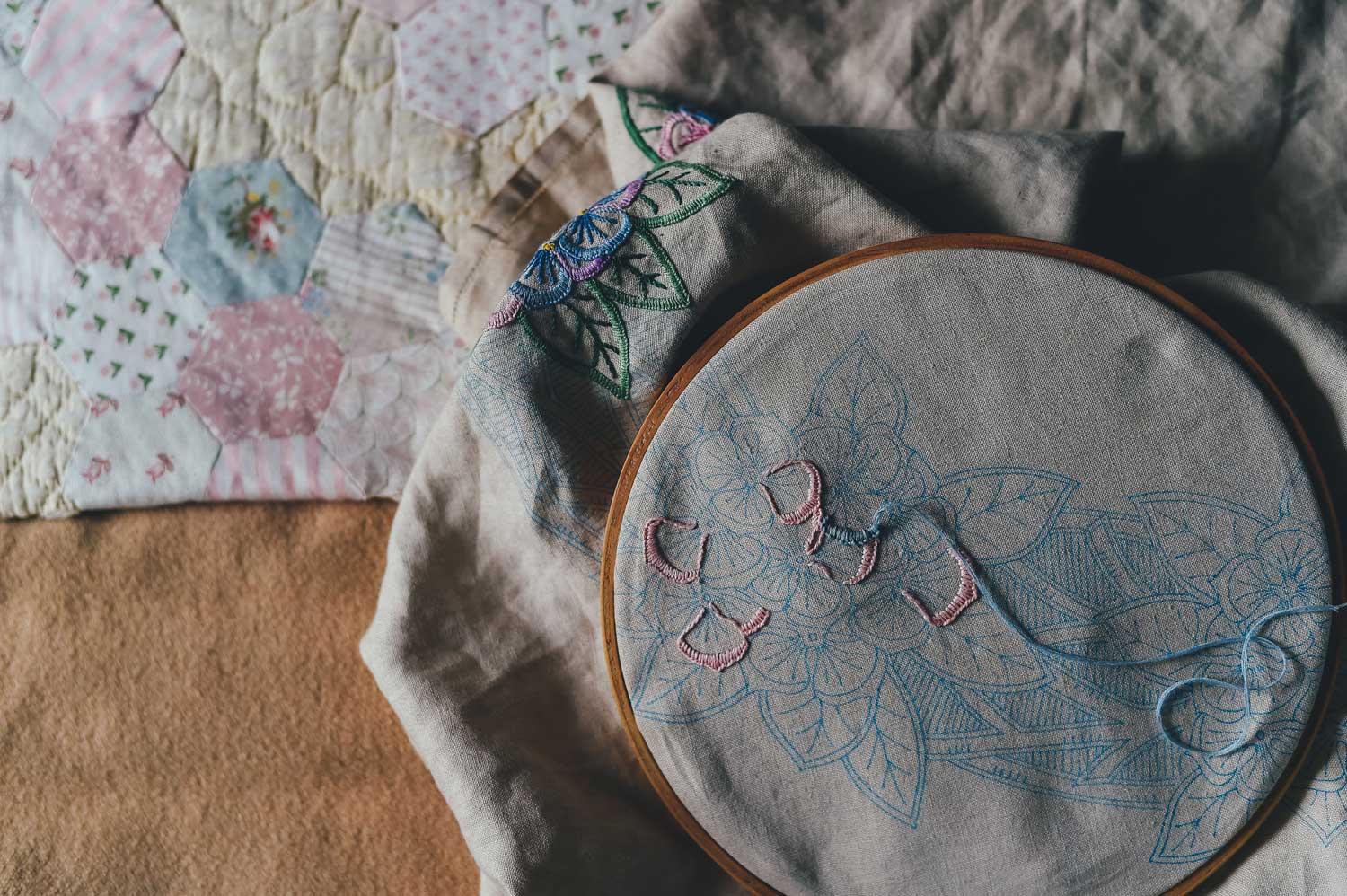A few months ago, I read an article in The New York Times that described the resurgence in what they called “the needle arts.” The writer said that young people—men and women—were learning to sew, quilt, knit and even embroider. I thought, “Well, good for them—catching up with what Women of the ELCA has known for decades.”
Then I wondered: How can our organization use this renewed interest in needle arts to get more women involved in our groups? If there are women who want to learn these skills, which many of us have been practicing for years, shouldn’t we find a way to connect?
Skills swap
Here’s an idea: Organize “skills swaps.” Put up a bulletin board or a sign-up sheet or something in the church and ask members who want to learn a skill and members who have skills to put up notices.
Imagine something like “Want to learn to knit? I’ll teach you if you show me how to program my cell phone.” Or maybe “Expert scrapbooker willing to share her design secrets in exchange for help with storing and finding photos on her computer.” Or maybe, “I love to bake cookies! I’ll teach you to bake if you teach me how to start a Facebook group.” Or “Teach me beading, and I’ll help you start your own blog.”
If it were my mom’s posting, it would read “Teach me to use my navigation app, and I can help you set up a budget and think about a savings plan for your retirement.” My mom is good at financial stuff. Not so good at technology.
One-time meetings or ongoing
These could be one-time meetings or ongoing, whatever seems appropriate for learning that particular skill and whatever the parties agree to exchange.
The idea is to build relationships and learn new things. And it doesn’t cost any money. Maybe groups will form to keep connections going based on their skill interest, even if they only meet online or once or twice a year for coffee.
What do you think? Would you be willing to try this in your congregation? Do the women in your congregational unit have skills they’d enjoy sharing?
Kate Elliott is the past editor of Gather magazine. This blog first ran in June 2010, but its ideas are relevant today.

Thanks Debbie! Good idea, too.
Our fiber arts group at Bethlehem (FAB) has done a bit of this. A woman from our congregation started a knitting group at her university. They were invited to come to our monthly meeting of FAB. Many ideas were shared and friendships made that day. FAB was formed after we attended the Triennial in Salt Lake City and met Betty Christiansen author of Knitting for Peace. (serious plug for our next triennial) 🙂